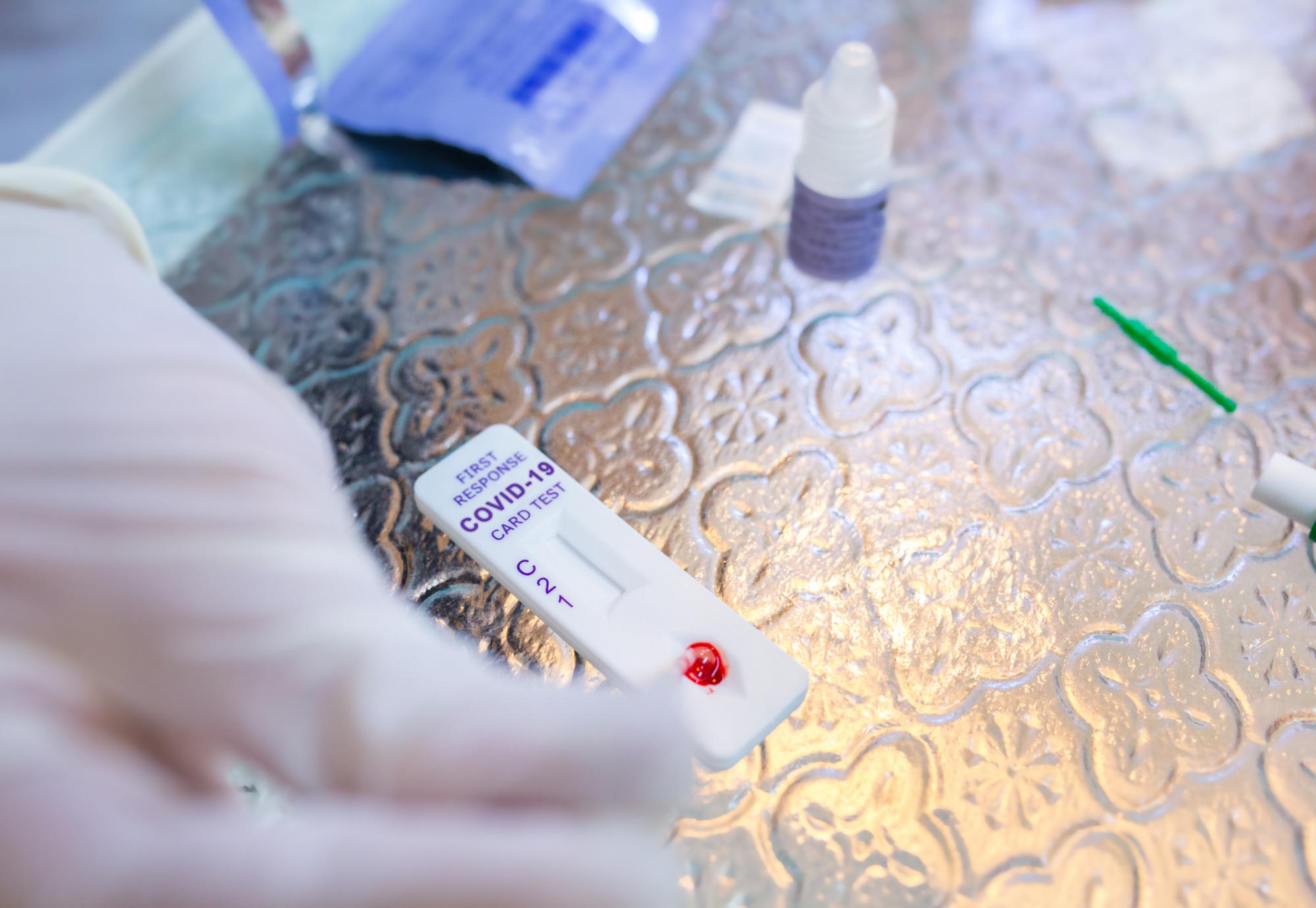Birmingham City Council has partnered with the University of Birmingham to launch a research project to improve people’s experiences of lateral flow testing for Covid-19 in the city.
Led by the Institute of Applied Health Research at Birmingham University, the survey will target adults residing in the city who have had a lateral flow tests (LFT) taken at centres, schools, universities and workplaces.
The purpose of the survey is to explore the reasons underpinning the variable uptake on LFT for Covid-19 in Birmingham by collating data, such as the reasons why LFTs were taken, the uptake of the tests and general experiences.
Also being investigated by the research team will be public understanding of LFT services and their behaviours following one.
The aim is to understand the factors that may influence the public’s use of LFT services and to generate findings that can inform their ongoing programmes and the associated information provided to the public.
It is widely acknowledged that some groups within society are more vulnerable to Covid-19 than others and the uptake of vaccinations has also been found to vary by ethnic group, amongst other factors.
The council said that understanding the factors associated with use of LFTs in Birmingham is vital in improving the effectiveness of the service.
Commenting, Birmingham City Council’s Director of Public Health, Dr Justin Varney said: “Testing regularly is a fundamental part of our approach to controlling the spread of Covid-19.
“We now know more about the risks of spread of the virus by people who don’t have symptoms but are still infectious, so testing regularly can identify these people quickly and safely to stop the spread.
“Taking a rapid lateral flow test at home twice a week is key to opening up society and reducing the risks of third and fourth waves, which could still send us back into lockdown and challenge the NHS.”
LFTs were designed to be conducted by asymptomatic members of the public and were made available by the Department of Health via walk-in centres in populated areas and more recently in places of education and some workplaces, with home test kits now being available as well.
They have a lower sensitivity than polymerase chain reaction (PCN) tests and are designed to rapidly identify large numbers of people who may have Covid-19 in order to enable those people to rapidly self-isolate (or return to work), making cities, schools and places of work safer and more able to function during the pandemic.
The survey will be advertised via the Birmingham City Council website, at LFT sites across the city and other relevant means, such as via Birmingham's various community and faith-based organisations, who have been leading efforts against Covid-19.
Whether people have had the test or not, they can take part in the online survey about their experiences by scanning a QR code, which will be put up across test centres or individuals can go directly to the survey.



















